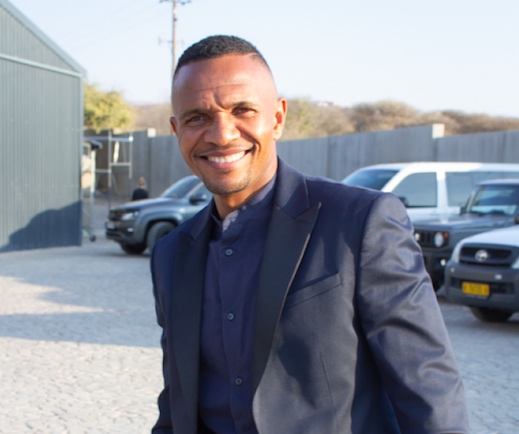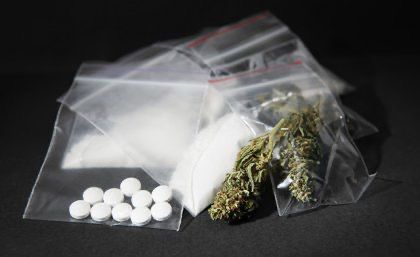THE number of wild poliovirus cases in Namibia is edging up, with new incidents reported in the Oshana and Ohangwena regions.
Health Permanent Secretary Dr Kalumbi Shangula said yesterday that 60 polio cases had now been reported, but that there had been no new deaths. The virus has claimed 10 lives so far.On Monday, the number of people hospitalised stood at 47.As Namibia prepares for a mass immunisation drive – set to start on June 21 – Shangula said the training of trainers for the different regions had been completed.He said the trainers would, in turn, go back to train health personnel and other volunteers in the regions next week.They have received training on how to administer the monovalent Oral Polio Vaccine (mOPV).Sources said the World Health Organisation had helped with the training.Personnel at the Government Medical Stores also spent most of yesterday packing the drugs for the regions.The virus has now been reported in the Khomas, Hardap, Otjozondjupa, Oshikoto, Oshana and Ohangwena regions.However, Government has decided to immunise two million people – including visitors.Unicef flew in 2,5 million doses of the vaccine on Tuesday morning.”Everything is going according to plan,” Shangula said yesterday.Unicef’s Khin-Sandi Lwin said on Tuesday that they were confident that the Ministry of Health, with the help of development partners, would meet the challenge.”Namibia is not alone in this.We are in this all together,” she said.Unicef spent N$2,1 million (US$312 000) to buy and airfreight the vaccine.The first round of the State-sponsored drive to immunise every Namibian against polio will take place for three days starting from June 21.The second round has been set for July 18 to 20 and the third round, which will only include children under the age of five years, is scheduled for August 20 to 24.Round three will include polio and measles vaccinations as well as vitamin A supplementation.The first polio case arrived at Windhoek’s Katutura Hospital from Aranos in the South on May 10.Shangula said earlier they had decided to immunise every Namibian because those so far infected were mostly older than 14 years.He said anyone who experienced polio symptoms should immediately go to their nearest health institution for treatment.The virus has claimed 10 lives so far.On Monday, the number of people hospitalised stood at 47.As Namibia prepares for a mass immunisation drive – set to start on June 21 – Shangula said the training of trainers for the different regions had been completed.He said the trainers would, in turn, go back to train health personnel and other volunteers in the regions next week.They have received training on how to administer the monovalent Oral Polio Vaccine (mOPV).Sources said the World Health Organisation had helped with the training.Personnel at the Government Medical Stores also spent most of yesterday packing the drugs for the regions.The virus has now been reported in the Khomas, Hardap, Otjozondjupa, Oshikoto, Oshana and Ohangwena regions.However, Government has decided to immunise two million people – including visitors.Unicef flew in 2,5 million doses of the vaccine on Tuesday morning.”Everything is going according to plan,” Shangula said yesterday.Unicef’s Khin-Sandi Lwin said on Tuesday that they were confident that the Ministry of Health, with the help of development partners, would meet the challenge.”Namibia is not alone in this.We are in this all together,” she said.Unicef spent N$2,1 million (US$312 000) to buy and airfreight the vaccine.The first round of the State-sponsored drive to immunise every Namibian against polio will take place for three days starting from June 21.The second round has been set for July 18 to 20 and the third round, which will only include children under the age of five years, is scheduled for August 20 to 24.Round three will include polio and measles vaccinations as well as vitamin A supplementation.The first polio case arrived at Windhoek’s Katutura Hospital from Aranos in the South on May 10.Shangula said earlier they had decided to immunise every Namibian because those so far infected were mostly older than 14 years.He said anyone who experienced polio symptoms should immediately go to their nearest health institution for treatment.
Stay informed with The Namibian – your source for credible journalism. Get in-depth reporting and opinions for
only N$85 a month. Invest in journalism, invest in democracy –
Subscribe Now!









